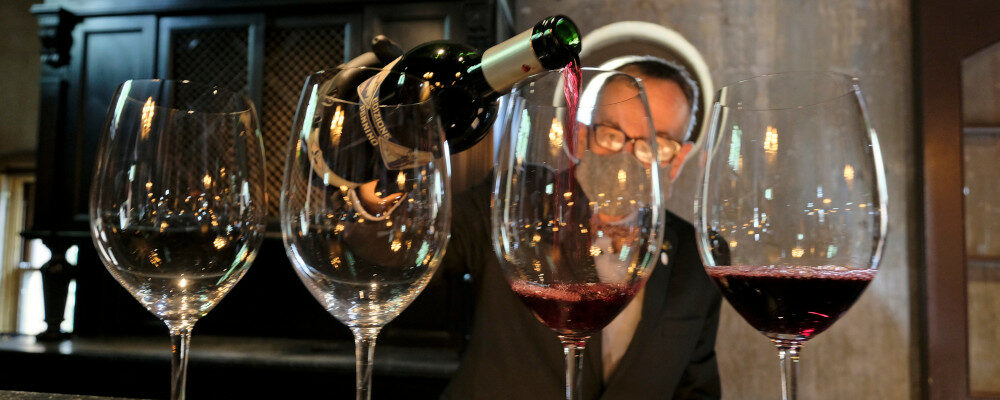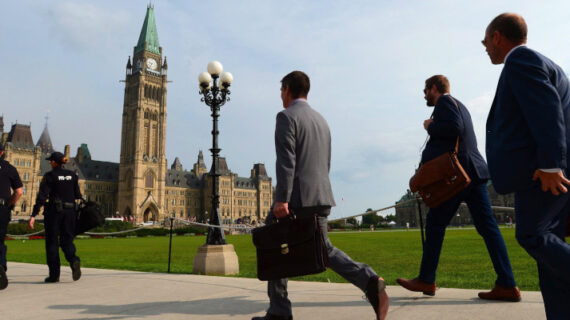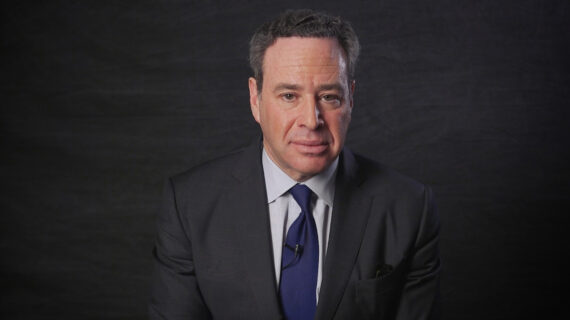This week in the news was a report by the Canadian Centre on Substance Use and Addiction that stated: “No amount of alcohol is safe and that consuming any more than two drinks a week is risky.”
According to its website, the CCSA was created by an Act of Parliament in 1988 to “provide national leadership on substance use and to advance solutions to address alcohol—and other drug-related harms.” It turns out the CCSA was originally devised as part of the Mulroney government’s “War on Drugs”, which begat “Canada’s Drug Strategy” in 1987. This then pivoted to include alcohol on the advice of addiction experts who pointed out that it afflicted many more Canadians than any other substance.
I don’t know much more about the CCSA, though I imagine their idea of merriment is different than mine. I do know that anyone who does elect to consume alcohol ought to know the risks, even though my job is largely to extol the benefits, such as one might find them.
Dire warnings about alcohol are not new, as anyone who lived in North America 100 years ago could have plainly told you. As Edward Slingerland explained in Drunk: How We Sipped, Danced and Stumbled our Way to Civilization, we know that people have been making and consuming alcoholic drinks since there has been recorded history. And we also know that some people have been trying to get people to stop drinking them too.
Not-so-dire warnings are not new either. As Slingerland also notes, for most of human history drinking alcohol was almost always done in public, or at least company, and governed by ritual. Another way to say this is that there were rules. The rules kept you out of trouble, and the destructive properties of drinking alcohol, to both the individual body and mind and to the functioning of society as a whole, were kept at bay.
Many of these old rules seem to have dissipated over time. The CCSA exists in no small part because it is easy to purchase alcohol cheaply and consume it in the privacy of one’s home with no one around to remind the drinker of the rules, let alone enforce them. Even the ones that hold, like abstaining before noon, seem now encouraged to be bent. Witness the bottomless mimosa brunch, which is a far cry from a time when almost all Canadians spent Sunday mornings sober in church.
No wonder many people now opt for Dry January, or some other discipline to impose on their alcohol habit. This is not new either, it just used to happen later in the year and be called Lent. By our forties, nearly everyone I know who still liked a drink would take some kind of regular break from it, even if was just one dry day a week. It’s a reset for the body and mind and a good long sleep before resuming fresh the pleasures of the grape or grain.
My view of the rules of alcohol is coloured by my view of the wine (and other drinks) trade, which I have orbited as a journalist and publisher for almost two decades. The risks of alcohol for members of the wine trade and media are compounded by two synthesizing factors. First, it’s unusual for anyone to become mixed up in it unless they like a drink. This often separates the professionals from the amateur connoisseurs; the latter might restrict themselves to temperate sips of only the very best wines.
The connoisseur may find pleasure only in the aesthetic qualities of the flavour and taste of the wine, eschewing the effects of the alcohol molecules that make up 12 to 15 percent of what’s in the glass. Even so, as Andrew Jefford notes, the mystic and transformative pleasure of wine is very much bound to its properties as an intoxicant.
The professional rarely has the luxury of only dwelling on aesthetics, even if she wanted it, because she will inevitably have to support and sell a wide portfolio of differing levels of quality and price in order to make a living, just like the journalist will need to taste as much as he can to serve his audience and satisfy his curiosity.

The second compounding factor that raises the risks of alcohol drinking among wine professionals is accessibility. When being around open wine bottles is a requisite part of the job, it can make willpower weak and temptation strong. Any journalist or trade I have discussed it with understands this and follows their own code about when to partake, how much, and how to handle the volume of wine that needs to be tasted.
As a journalist, in the busy weeks in the spring and fall when winemakers and export agents trade around the world pouring their wares, it’s not unusual for there to be multiple events a week, sometimes more than one on the same day. There could be a seminar or a structured tasting that starts at 10:30 or 11 in the morning, an intimate lunch with a vigneron and the import agent after, followed by a big trade tasting with hundreds of wines laid out around a hotel ballroom.
Before COVID, I would often host visiting winemakers at my house first thing in the morning for a tasting and interview before they did their rounds to restaurants. On press trips, it’s not unusual to start tasting in a space at a hotel that’s set up right beside the breakfast room. A wine journalist’s job is to taste wine, and the producer’s job is to put it in front of them.
A wine professional must have rules because their slope is particularly slippery, and the wedge gets thick fast. And at the end of the workday, things loosen up and most (though not all) will stop spitting and start swallowing what’s in front of them—though almost always in the context of a meal, which is itself a good rule. Before then it is the greatest taboo to appear drunk at a trade event. That’s not because your colleagues will judge, or think unkindly of you, but because it means you can’t do your job; you’ve lost the script and might need some help doing the work to get back to the rules.




